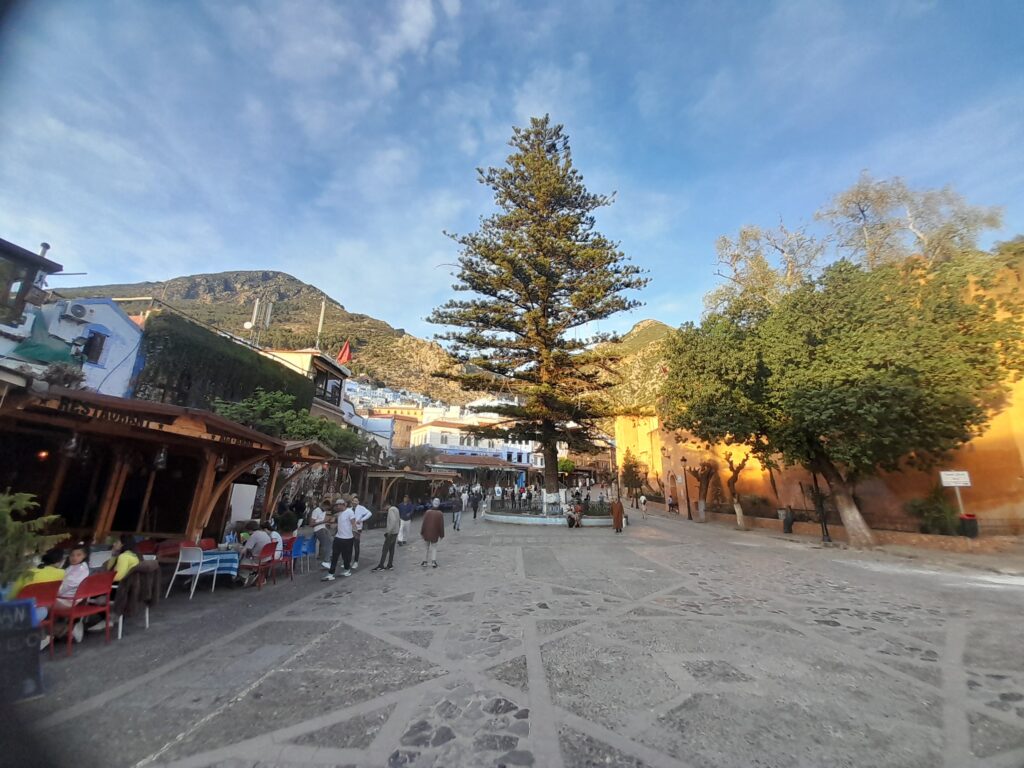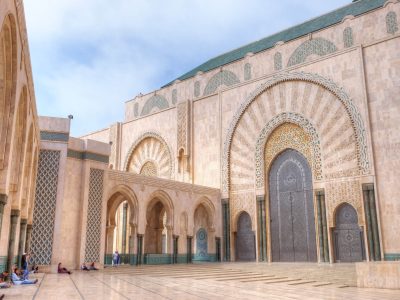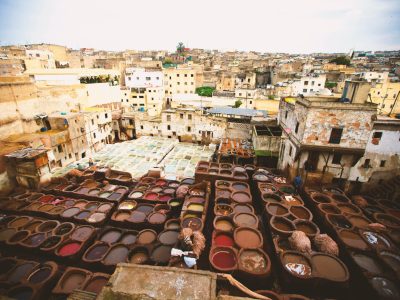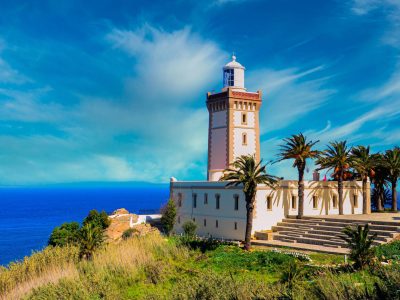Morocco's History
A Comprehensive Overview of Morocco’s Storied Past
Explore Morocco’s prehistoric roots, ancient civilizations, empires, conquests, and changing capitals. Learn how this intriguing North African country has developed a distinct cultural identity that continues to fascinate tourists and scholars.
The Prehistoric Roots of Moroccan History
Morocco was full with life and early human activity before big empires and dynasties. The terrain shows how our predecessors lived here.
Ancient Civilizations: The Phoenicians and Carthaginians
As trade routes expanded across the Mediterranean, Morocco found itself at the crossroads of powerful ancient civilizations, leaving an indelible mark on the region’s history and development.
The Phoenician Presence
Phoenicians founded commercial stations along Morocco’s Atlantic coast about the 12th century BCE. One such outpost, Lixus, near Larache, has yielded many artifacts and indications of Phoenician-Berber trade.
Carthaginian Expansion
Carthage ruled the Mediterranean when the Phoenician Empire collapsed. During their dominion, Lixus and Tingis (present-day Tangier) flourished as centers for commerce, military strategy, and cultural interchange with indigenous Amazigh communities.
The Roman Era: Conquest and Integration

The arrival of the Romans in the 2nd century BCE heralded a new chapter in Moroccan history, marked by conquest, integration, and unprecedented prosperity throughout the region.
Roman Annexation and Administration
Morocco’s conquest followed Rome’s expansion into North Africa. Mauretania Tingitana, a Roman province from the Atlantic coast to Algeria, including the area. Roman governance provided Latin as the official language, majestic public structures, and urban life.
A Flourishing Economy
Morocco prospered during Roman authority due to its lush agricultural area, plentiful mineral resources, and strategic placement along vital trade routes. Olive oil, wheat, fish sauce, and copper, lead, and gold output hit record highs.
The Enduring Roman Legacy
Roman dominance had a lasting influence on Moroccan history, even after its fall. Volubilis, with its mosaics and architecture, is a reminder of Morocco’s Roman heritage.
The Islamic Conquest and the Emergence of Dynasties
The advent of Islam in the 7th century brought about profound changes to the social, cultural, and political landscape of Morocco, beginning with the Arab conquest and subsequent establishment of successive ruling dynasties.
The Arab Conquest
Late in the seventh century, Muslim Arabs arrived in Morocco, introducing Islam and starting a religious conversion and cultural assimilation that would reshape Moroccan history. The Berber tribes either converted or were subjugated by the invading army.
The Idrisid Dynasty: The Birth of a Nation
Idris ibn Abdallah, a descendant of Muhammad, founded the Idrisid dynasty in the late 8th century, creating Morocco. Study, culture, and commerce flourished in Fez, his capital.
Tours From Morocco
Morocco Classic Tours
Address: 86 Lot Hiba, 30000, Morocco
Phone: +212 613-504732
Email: moroccoclassictours@gmail.com
SITEMAP





